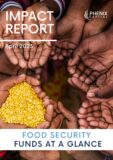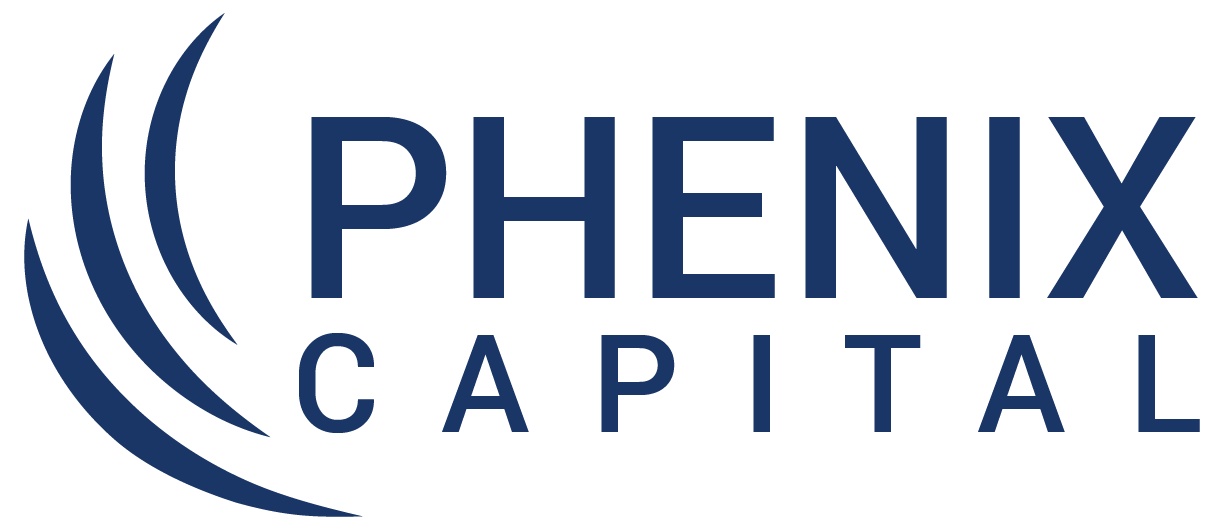Phenix Capital Group has launched its new Impact Report bringing data on Food Security Funds. The report includes data from [MG1] commingled impact funds that target the following six impact themes: Access to Food, Foodtech, Smallholder Farming, Sustainable Agriculture & Farming, Sustainable Aquaculture, and Small Scale Fisheries. This topic is very important right now because food security has been exacerbated by supply chain disruptions, climate change, COVID-19 and financial tightening through rising interest rates.
In February, directors of the Food and Agriculture Organization (FAO), International Monetary Fund, World Bank Group, World Food Programme (WFP) and World Trade Organization issued a statement calling for urgent action to address the global crisis in food and nutrition security.
The FAO and WFP have identified 24 hunger hotspots, 16 of which are in Africa; a situation that is likely to get worse as fertilizer affordability, hit by the increase in the price of oil, is also at its lowest since the 2007/2008 food crisis.
As an investment theme, food security and agriculture can often be found together with climate change solutions, as agricultural land systems are linked to 11 of the 17 Sustainable Development Goals.
From the 689 Food Security Funds found in the Impact Database, 53% are food funds targeting sustainable agriculture & farming.
Some key insights from the report:
- 52% of total capital in food security is allocated to private equity growth funds
- 30% of the food security funds are designated SFDR Article 9 vehicles
- 45% of public debt assets in food security funds are focused on sustainable aquaculture
- 60% of real asset funds invest in farmland and cropland
- 80% of private debt funds have an emerging market focus
More insights:
- Real assets funds have raised the most capital, €14 billion, towards food security in North America, followed by funds that invest globally, €9 billion.
- The most popular thematic focus in North America is mostly farm land & cropland, which has attracted 71% of the region’s assets.
- Equity, both public and private, is currently the most popular way to invest in food security, with nearly €80 billion allocated across 513 funds.
- In Central and South America, food security is being targeted by investing in farmland and cropland funds.
- Regarding Private Debt, €9.9 billion has been allocated to sustainable agriculture and farming, while €7.5 billion has been allocated to smallholder farming.
The report also brings data on the type of investors that commit towards food security themes: the most active investors in the space are corporates, followed by foundations and pension funds.
It is estimated that the world wastes a third of the food produced from farm to fork. Cibus Capital tackles food wastage through its investments in a range of ways and gave us an interview, which can be found in the report. “We focus on exceptional entrepreneurs using innovative technology to disrupt food production, increase resource efficiency and ensure sustainability”, said Rob Appleby, Founder and Chief Investment Officer at Cibus Capital LLP, and Alastair Cooper, Head of Venture at Cibus Capital.





